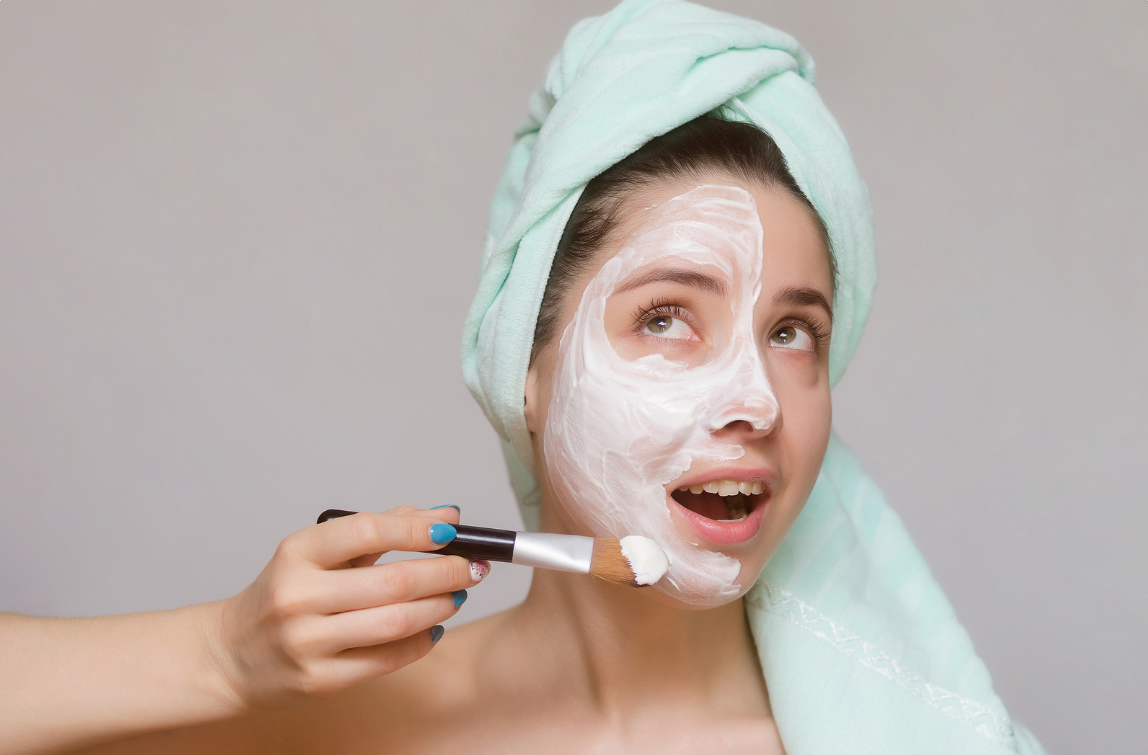目录
在胶原蛋白肽工厂实施严格安全规程的重要性
胶原蛋白肽工厂在胶原蛋白补充剂的生产中发挥着至关重要的作用,胶原蛋白补充剂因其各种健康益处而被广泛使用。然而,胶原蛋白肽的制造过程涉及多种潜在危害,可能对工人和消费者造成风险。因此,胶原蛋白肽工厂必须执行严格的安全协议,以确保每个相关人员的福祉。
胶原蛋白肽工厂的主要安全问题之一是原材料的处理。胶原蛋白通常源自动物来源,例如牛或海洋来源,它们可能携带病原体,如果加工不当,可能会导致食源性疾病。为了降低这种风险,工厂必须确保原材料来自信誉良好的供应商,并在用于生产之前经过彻底的污染物检测。
除了原材料之外,生产过程本身也可能存在安全隐患。胶原蛋白肽通常通过一系列化学和酶促过程提取,这可能涉及使用危险化学品和高温。参与这些过程的工人必须接受适当的安全处理化学品培训,并配备个人防护装备,以防止接触有害物质。
此外,胶原蛋白肽工厂使用的设备必须定期检查和维护,以防止发生事故并确保质量最终产品的。机器故障不仅会危及工人的安全,还会导致生产延误和产品召回,这可能会给工厂带来重大的财务影响。
| 重金属项目 | 单位 | 标准要求 | 结果 |
| Lead(in Pb) | mg/kg | ≤1.0 | 0 |
| Arsenic(in As) | mg/kg | ≤1.0 | 0.09 |
| Chromium(in Cr) | mg/kg | ≤2.0 | 0.92 |
| Mrthyl mercury(in Hg) | mg/kg | ≤0.5 | 0 |
| Microbe Item | Unit | Standard requirements | Results |
| Total Bacterial Count | cfu/g | n=5,c=2,m=104,M=105 | <400 |
| Coliform Group | cfu/g | n=5,c=2,m=10,M=102 | <10,<10,<10,<10,<10 |
| Moulds&Yeasts | cfu/g | <50 | <10 |
| Salmonella&Shigella&Staphylococcus aureus | MPN/g | Negative | Not detected |
Another critical aspect of Safety in Collagen peptide factories is the prevention of cross-contamination. Collagen peptides are often produced in powder form, which can easily spread and contaminate other products if proper hygiene practices are not followed. Factories must implement strict cleaning protocols and designate separate production areas for different products to prevent cross-contamination and ensure the purity of their collagen peptides.
Moreover, the packaging and labeling of collagen peptide products also play a crucial role in ensuring consumer safety. Properly sealed packaging helps prevent contamination and maintain the freshness of the product, while accurate labeling provides consumers with essential information about the product’s ingredients and usage instructions. Factories must adhere to regulatory requirements for packaging and labeling to ensure compliance with industry standards and protect consumers from potential harm.
In conclusion, the safety of collagen peptide factories is paramount to the well-being of workers and consumers alike. By implementing strict safety protocols, such as sourcing high-quality raw materials, training workers on proper handling procedures, maintaining equipment, preventing cross-contamination, and ensuring proper packaging and labeling, factories can minimize risks and produce high-quality collagen peptide products that meet industry standards. Ultimately, prioritizing safety in collagen peptide factories not only protects the health of those involved but also upholds the reputation and integrity of the industry as a whole.
Common Safety Hazards to Watch Out for in Collagen Peptide Manufacturing Facilities
Collagen peptide manufacturing facilities play a crucial role in producing this essential Protein that is used in a wide range of industries, from cosmetics to Food And Beverage. However, like any manufacturing facility, collagen peptide factories come with their own set of safety hazards that must be carefully managed to ensure the well-being of workers and the quality of the final product.

Another safety hazard to watch out for in collagen peptide factories is the risk of fire and explosion. Many of the chemicals used in collagen peptide production are flammable, and if not handled properly, they can ignite and cause a fire or explosion. It is essential to have fire detection and suppression systems in place, as well as proper storage and handling procedures for flammable materials. Regular inspections and maintenance of equipment such as heating devices and electrical systems are also crucial to prevent fire hazards.
In addition to chemical and fire hazards, collagen peptide factories must also be vigilant about preventing Slips, trips, and falls. The production floor can become wet and slippery due to spills or leaks, posing a risk to workers moving around the facility. Proper housekeeping practices, such as cleaning up spills immediately and keeping walkways clear of Obstacles, can help reduce the risk of accidents. Non-Slip flooring and footwear can also provide additional protection against slips and falls.

Furthermore, machinery and equipment used in collagen peptide production can present a significant safety hazard if not properly maintained and operated. Workers must be trained on how to use equipment safely and follow all safety protocols and procedures. Regular inspections and maintenance of machinery are essential to prevent malfunctions and accidents. Lockout/tagout procedures should also be in place to ensure that equipment is properly shut off and de-energized before maintenance or repair work is performed.
Lastly, ergonomic hazards are another important safety consideration in collagen peptide factories. Workers may be required to perform repetitive tasks or lift heavy objects, which can lead to musculoskeletal injuries over time. Providing ergonomic workstations, tools, and equipment can help reduce the risk of injuries and improve worker comfort and productivity. Regular breaks and job rotation can also help prevent overexertion and fatigue.
In conclusion, collagen peptide factories must be proactive in identifying and addressing safety hazards to protect the well-being of workers and the integrity of the production process. By implementing proper safety measures, training programs, and maintenance protocols, collagen peptide manufacturers can create a safe and productive work Environment for their employees. It is essential to stay vigilant and continuously assess and improve safety practices to ensure a successful and sustainable manufacturing operation.

